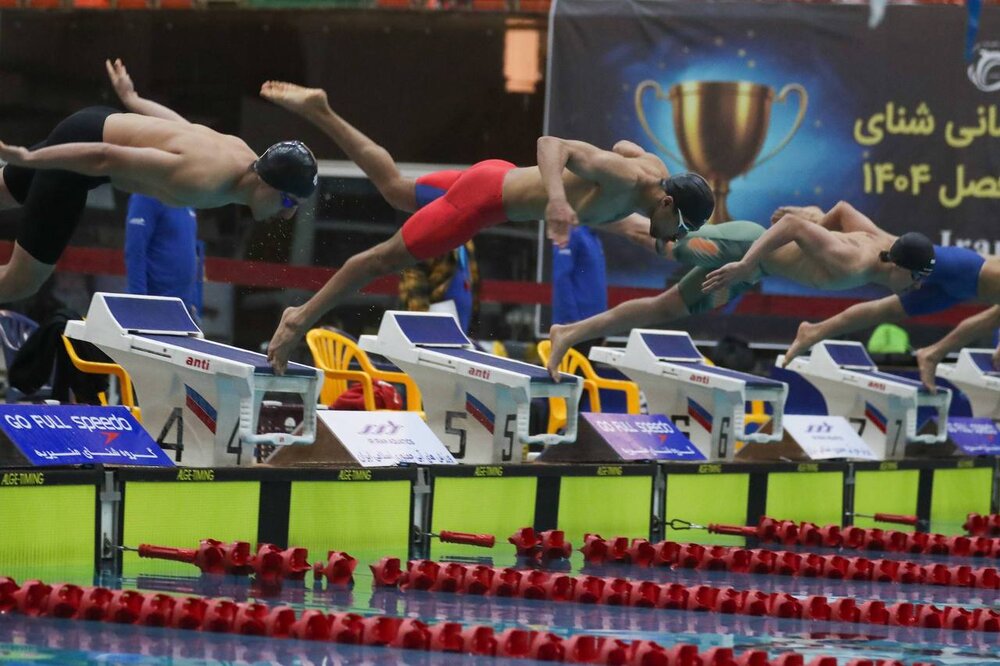Statehood recognition is meaningless without ending Israel's occupation
Statehood recognition is meaningless without ending Israel's occupation

Since several western governments announced their intent to recognise a Palestinian state, those of us living under Israeli occupation have been following the news with cautious interest.
For some observers, these declarations represent a significant turning point in the Palestinian struggle, particularly from powerful countries such as France, Australia and Canada that for decades backed and sheltered Israel's occupation regime.
Britain's belated and lukewarm recognition carries even greater symbolic weight. As the state that issued the notorious Balfour Declaration, paving the way for the creation of a Jewish homeland in Palestine, it bears historic responsibility for the Nakba of 1948 and its enduring consequences.
Yet this shift, which comes at the cost of countless lives in Gaza and the West Bank, does not signify newfound moral clarity.
Palestinians know it would not have occurred without massive demonstrations in western capitals, where citizens rose up for justice, freedom and humanity, and forced their governments to respond.
At the same time, many fear these moves are less about justice than about whitewashing the record of complicit governments. Recognition, while important, will remain meaningless unless it brings about the permanent end of occupation and genocide through a serious, firm and effective challenge to Israel's crimes.
Relentless obstacles
As a farmer, I am forced to confront the cruelty of Israel's policies each autumn, when reaching my olive groves becomes an ordeal of gates and checkpoints.
This year, the timing of international recognitions coincides with the olive harvest - the most important agricultural season in Palestine, vital for sustaining thousands of families and deeply symbolic in our identity.
Will statehood recognition allow farmers like me to reach our olive groves and harvest our crops?
My family and I should be among the olive trees in our ancestral village of Qira, near Salfit. Instead, we face relentless obstacles, not only from seasonal droughts or pests, but from systemic restrictions imposed by the occupation.
For Palestinians, harvesting olives is more than an economic necessity - it is an act of resilience and belonging. Across the West Bank, however, families like mine are denied access to our groves by military orders and forced to watch settlers uproot and burn our trees.
This reality raises pressing questions: if international recognition does not lead to major political outcomes such as freedom, an end to the occupation and the establishment of a Palestinian state, will it at least stop the bloodshed and famine in Gaza?
Can it allow farmers like me to reach our olive groves and harvest our crops? Will it remove the iron gates and military checkpoints that suffocate our towns and villages? Will it end the financial and economic crisis that has left public employees unpaid and families in despair?
Beyond recognition
These questions expose the hollowness of recognition when it is not matched by action. For decades, Palestinians have endured occupation while the international community failed to uphold its political and legal responsibilities, applying international law with a blatant double standard.
Too many governments treat recognition of Palestine as the easiest and least costly path - a symbolic gesture that placates domestic publics, eases the intensity of demonstrations and allows them to claim a moral stance without confronting Israel's crimes.
What Palestinians need most are decisive measures: ending cooperation with Israel, imposing economic sanctions and prosecuting its leaders for war crimes. Only such steps could force Israel to change course fundamentally.
For Palestinians, these recognitions should also serve as a catalyst for unity and renewal. They must drive us to establish a democratic, inclusive system based on freedom and justice, rather than one that excludes key political factions at the demand of foreign governments.
For recognition to be meaningful, it must not be allowed to end as mere symbolism. Rather, it should be translated into immediate and lasting outcomes, including halting the genocide and advancing a just solution to our cause.
Empty gesture
The recognition of an "independent" Palestinian state while it remains a site of occupation, ethnic cleansing and a genocide now entering its third year only underscores the absurdity and utter emptiness of the gesture.
In Gaza, more than 720 days of mass killing, displacement, starvation and devastation have left entire communities in ruins. In the West Bank, Israel has fragmented towns and villages, enabled settler attacks and destroyed refugee camps in the north, displacing their residents.
There are now more than 1,000 gates and barriers across the West Bank, which covers only 5,000 sq km - meaning a barrier or gate every 5km.
An economic and financial blockade prevents tens of thousands of workers from reaching their jobs. Meanwhile, public employees have gone without full salaries for two years due to restrictions imposed on the Palestinian Authority, crippling essential services such as healthcare and education.
Against this reality, declarations of recognition ring hollow unless they confront the machinery of occupation and genocide.
Ultimately, the answers to the questions Palestinians are asking will determine how these recognitions are remembered: as a historic milestone, or merely ink on paper - another set of resolutions stored away in the archives of the United Nations and world governments.
Unless recognition is backed by sanctions, accountability and real pressure to dismantle the occupation, it risks serving only as cover for complicit governments rather than advancing justice for Palestine.
The views expressed in this article belong to the author and do not necessarily reflect the editorial policy of Middle East Eye.












